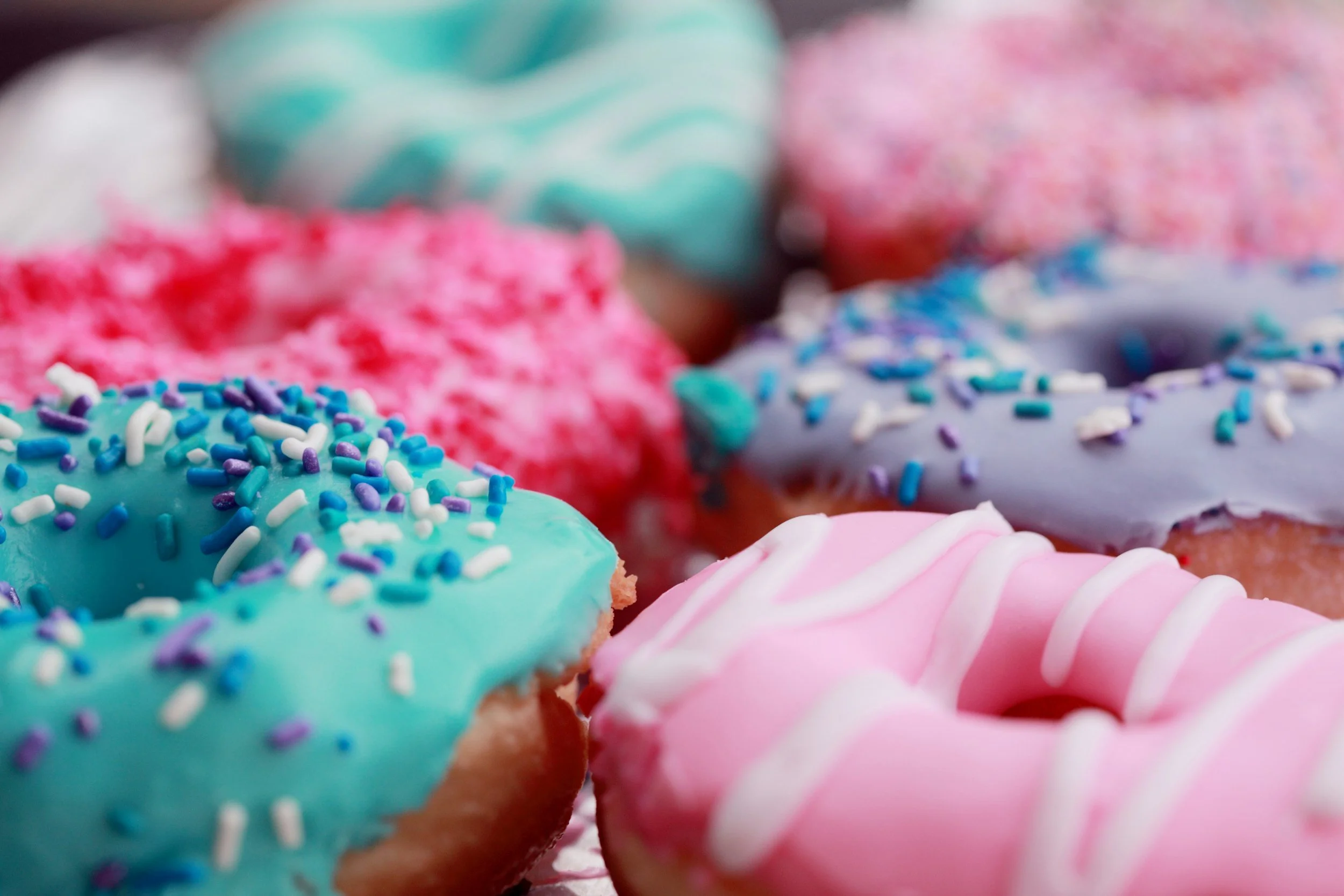Surprising Ways Being Fat Makes You Poorer: The Cost of Being Overweight
Fat people marry less, and unmarried people are poorer.
Are you overweight? Swedish researchers discovered that men who were classified as obese at the age of 18 were a staggering 50 percent less likely to enter into the institution of marriage by the time they reached their 30s and 40s compared to their peers who maintained a healthy weight throughout their formative years. Additionally, men who were categorized as only moderately obese experienced a slightly lower likelihood of marriage, with a significant 10 percent decreased chance of tying the knot when compared to their healthier counterparts. Meanwhile, researchers from Harvard uncovered that obese women faced a 20 percent reduced likelihood of ever getting married when juxtaposed with their counterparts who were considered to be within a healthy weight range.
The cost of being overweight has been well documented when it comes to medical expenses, lower wages and work absenteeism. A few years ago George Washington University's School of Public Health and Health Services reported that health- and work-related costs for an obese woman were $4,789 annually more than a woman of average weight. An obese man paid a $2,646 premium. But the 35 percent of U.S. adults who are obese finance other, less-obvious premiums for their large size. Numerous reports and comprehensive studies consistently conclude that married individuals tend to be financially wealthier than their single peers.
Bigger clothes.
Old Navy caught flak for charging more for its plus-sized apparel. One study by McKinsey & Co. found that the obese spend a collective $30 billion annually more on clothing than people buying mainstream-sized people.
More gasoline costs.
The overweight pay on up to $36 per year more for gasoline, according to the George Washington University study. The extra weight requires cars to work harder, and bigger people tend to buy larger, less efficient vehicles. But the real premium is paid by people requiring bigger cars, which are more expensive and less efficient than smaller vehicles. For example, a Ford Explorer SUV starts at $30,700 and gets 20 miles per gallon in the city, and 28 on the highway, while the four-door Ford Focus starts at $17,170 and gets 29 miles city/40 highway. Assuming an average 12,000 miles driven per year, the fuel cost difference alone is $516 per year.
Funeral costs.
Bigger people can require much higher-than-average funeral expenses. For people who weigh more than 350 lbs, a larger casket is required, as well as additional pall bearers and in some cases a double burial plot. All these factors can add up to thousands of dollars in extra expenses for a funeral, which median cost in the United States was $7,045 in 2012, according to the National Funeral Directors Association.
Travel.
American Airlines, United, JetBlue, Southwest, and Air France, have policies that 'passengers of size' have to buy a second seat. Other airlines are more flexible, offering to rearrange passengers if extra seats are available, or book the larger customer on a later flight. But nearly all major airlines strongly urge or require customers who cannot lower the arm rest or use the standard seatbelt to buy a second seat. "If the economy class is sold out, they could turn out to be less expensive," says Hobica. Another option on some airlines is to buy a last-minute upgrade to domestic first class, which has wider seats, he says.

